Australian Criminal Intelligence Commission
The Australian Criminal Intelligence Commission (ACIC), the Queensland Alliance for Environmental Health Sciences (QAEHS) at The University of Queensland and the University of South Australia have formally commenced a partnership to undertake the National Wastewater Drug Monitoring Pilot Program.
“The National Wastewater Drug Monitoring Pilot Program is a key initiative in establishing an objective evidence base on illicit and licit drug use,” ACIC Chief Executive Officer, Mr Chris Dawson said.
“Signing the contract signifies that work is now underway to better detect and monitor the level and type of drug use across 50 sites within Australia.
“The proposed breakdown by state includes 11 sites in Queensland, nine in South Australia, eight in New South Wales, seven in Western Australia, six in Victoria, five in Tasmania, three in the Northern Territory and one in the Australian Capital Territory.
“Wastewater analysis is an innovative approach used both domestically and internationally to detect and monitor drug use. It provides a measure, rather than an estimate, of the use of a number of illicit drugs, as well as licit drugs including nicotine, alcohol and some pharmaceuticals.
“QAEHS and the University of South Australia have proven experience in wastewater analysis, which is arguably the only objective means of reliably measuring the level of illicit drugs being used by members of the community,” Mr Chris Dawson said.
“The illicit drug market remains the principal source of profit for organised crime and continues to be a key focus for law enforcement in Australia.
“This data will provide law enforcement, policy, regulatory and health agencies with additional and more objective data in relation to drug use across Australia,” Mr Dawson said.
In June 2016 the agency received $3.6 million over three years from Proceeds of Crime funding for a national wastewater drug monitoring pilot program. This program will provide leading-edge, coordinated national research and intelligence on illicit drugs, with a specific focus on ice.
